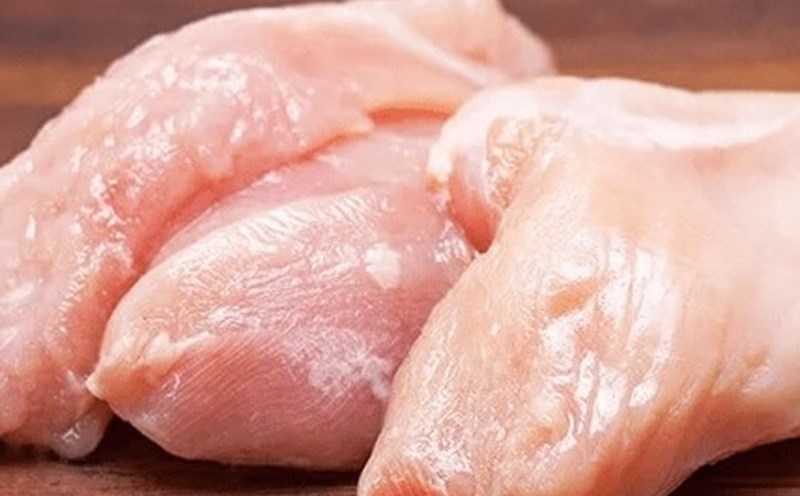Protein
Protein plays a dual role in reducing visceral fat, helping to increase and maintain muscle mass, boost metabolism, and support hunger control. A diet rich in protein increases thermogenesis, helping the body burn more calories.
Eating more protein also helps you feel full longer after meals, thereby reducing the amount of calories consumed during the day.
Fiber
Fiber is a type of carbohydrate that the body cannot digest. It helps regulate blood sugar by slowing the absorption of sugar through the digestive system. Eating more fiber helps you feel full longer, avoids hunger and reduces total calorie intake during the day. When combined with protein, the effectiveness of weight control is even higher.
You should supplement at least 25 grams of fiber per day, even if you do not aim to reduce visceral fat. Sources of fiber are: lentils, beans, apples and pear, nuts, cruciferous vegetables such as broccoli, Brussels sprouts.
In addition, lifestyle changes, maintaining healthy eating habits and exercising regularly over time are the best options to reduce visceral fat.









